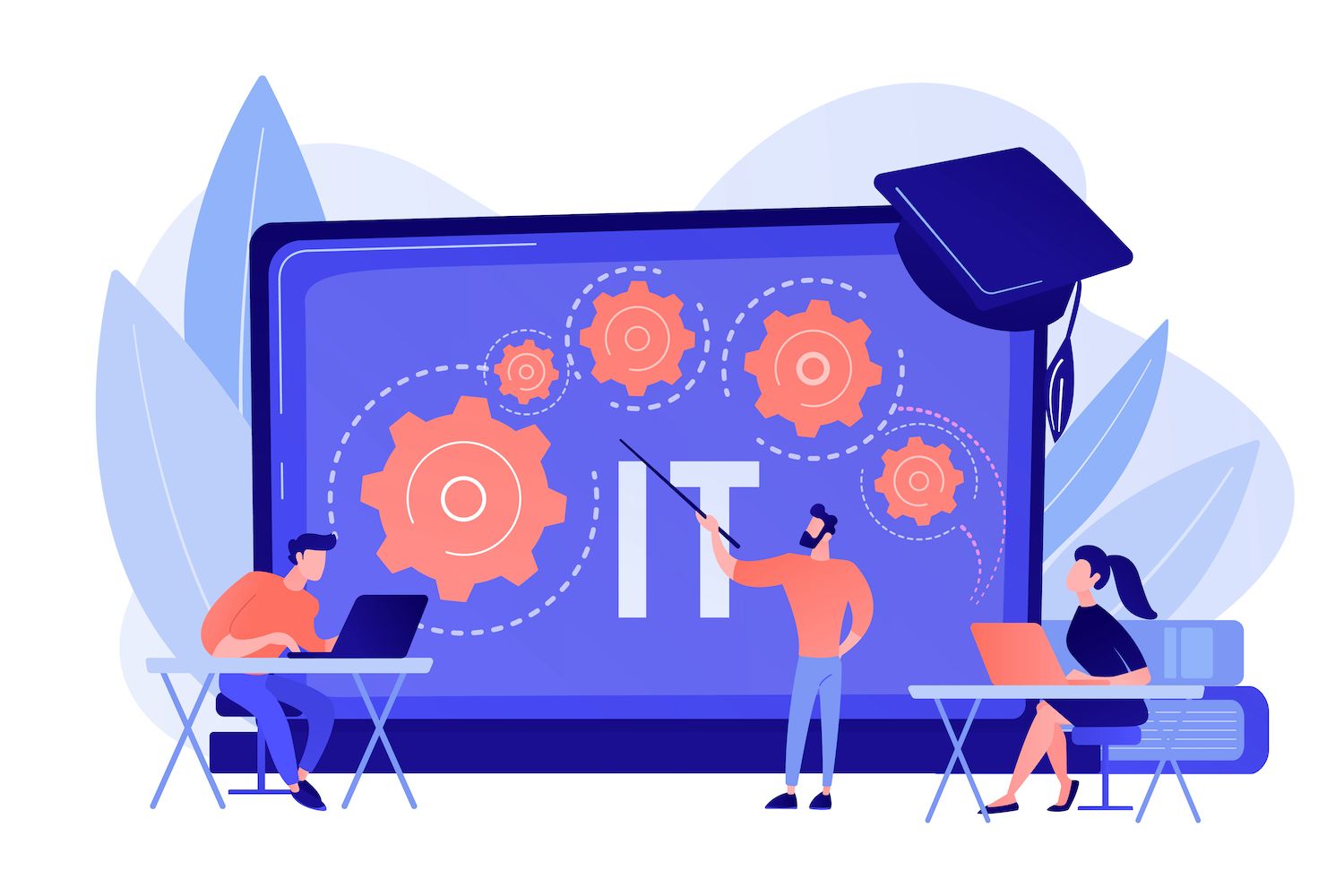Micro-Learning's Meteoric Rise -

In recent years there has been more discussion around the micro-learning concept. Particularly, the need for micro-learning has been increasing.
But what is micro-learning?
Micro-learning refers to the restructuring of training programs into several shorter courses rather than just one course.
In some respects, instructional designers have already been doing this for years by "chunking" of content in courses. Micro-learning is similar but often includes smaller (micro) segments.
There are a variety of reasons why there is a rise in demand for this particular type of delivery. The technological advancements are probably one of the primary motives, however it's not just the technology itself, it's the cultural habits which new technology has influenced.
The public is looking for shorter and useful details. With so many applications and applications that are competing for our attention, a concise and clear distribution is sought after.
From an employee perspective Micro-learning can be beneficial for employees because it allows employees to master an item that is immediately put to use and not take up excessive time. In addition, learners are more confident about their education since larger course content is now split into very small chunks.
The savings in costs and speedy understanding acquisition that micro-learning offers is what makes it an appealing option for companies.
The ability to provide sales personnel with access to on-demand, bite-sized training will increase their confidence and product (or service) expertise faster than traditional classroom training.
Although micro-learning has its own advantages, it's crucial to keep in mind that it should not be utilized in all situations.
Every successful e-learning course benefits from thorough analysis of primary objectives and the intended public. Depending on the situation, micro-learning may not be the most effective way forward. It is possible that live-learning and traditional e-learning as well as an amalgam of both will be the most appropriate for the course content.
Even when you're using one conventional methods, you might come across certain scenarios where micro-learning can be leveraged.
The best way to get started is to take the most important learning points from your already established content and create independent mini-courses. This will provide you with actionable feedback as to the most useful content to be included in your future.
Will micro-learning replace elearning like we have it now? It's not likely, however its usage is expected to continue growing in the light of today's "app society".
